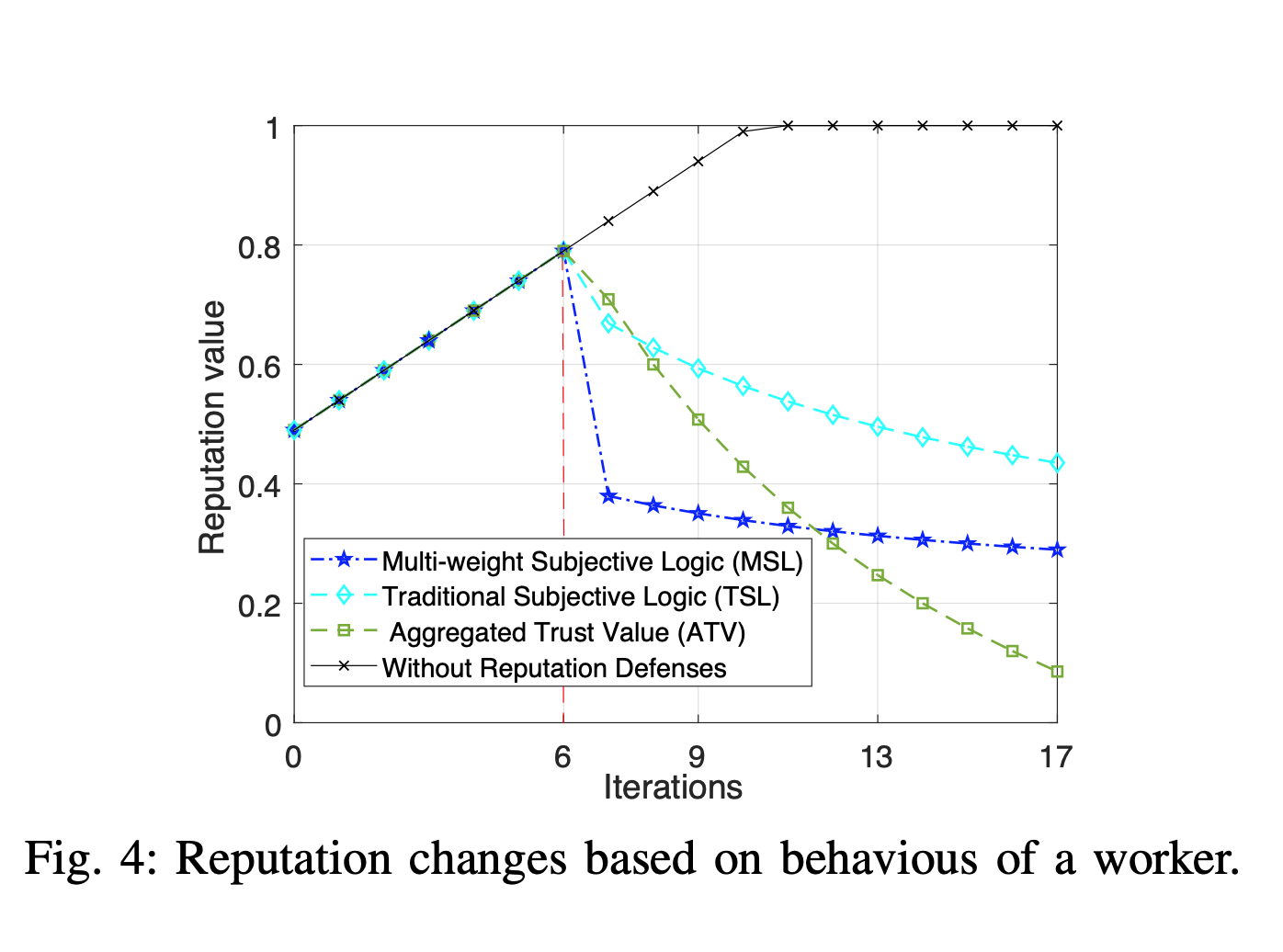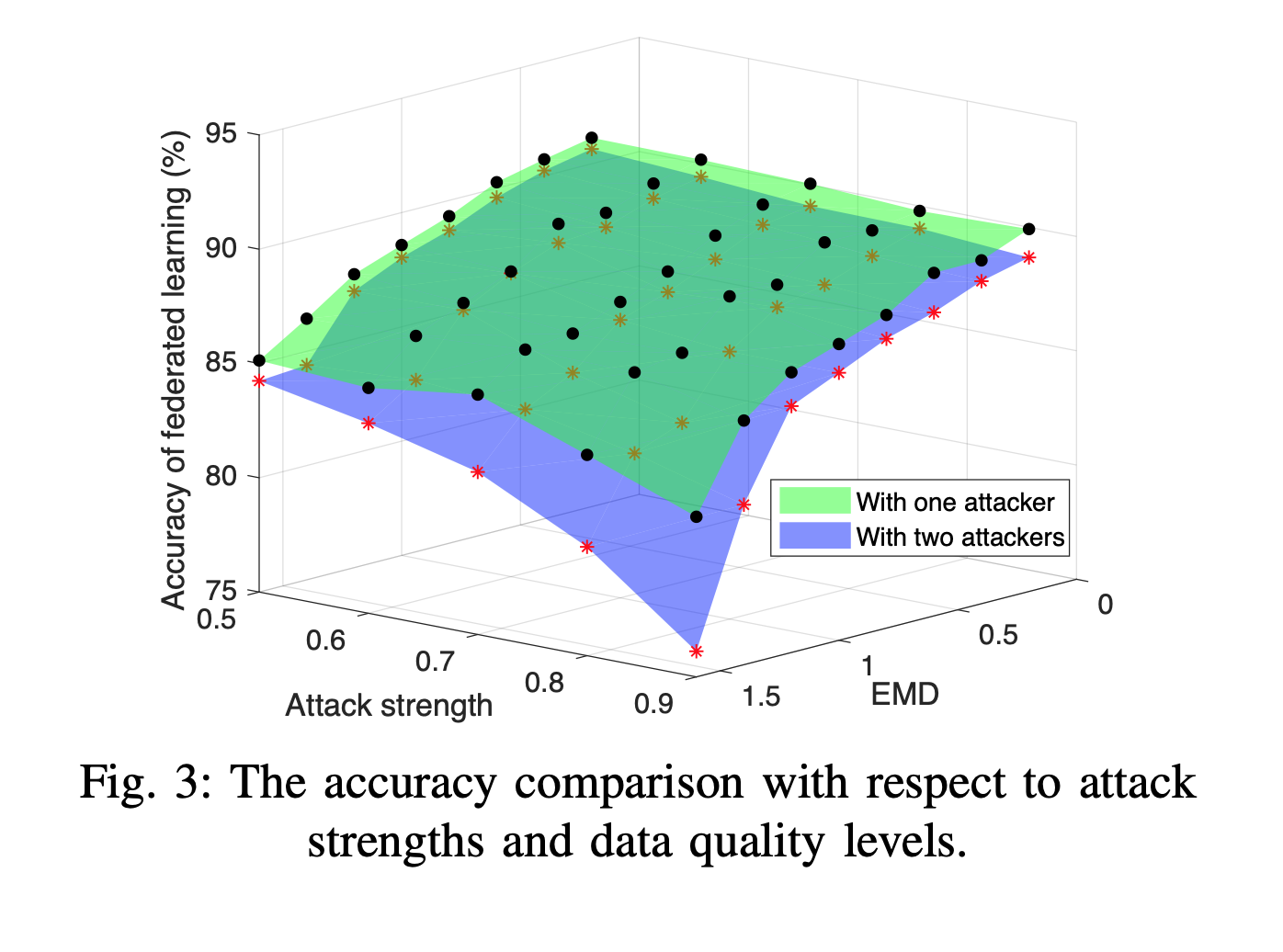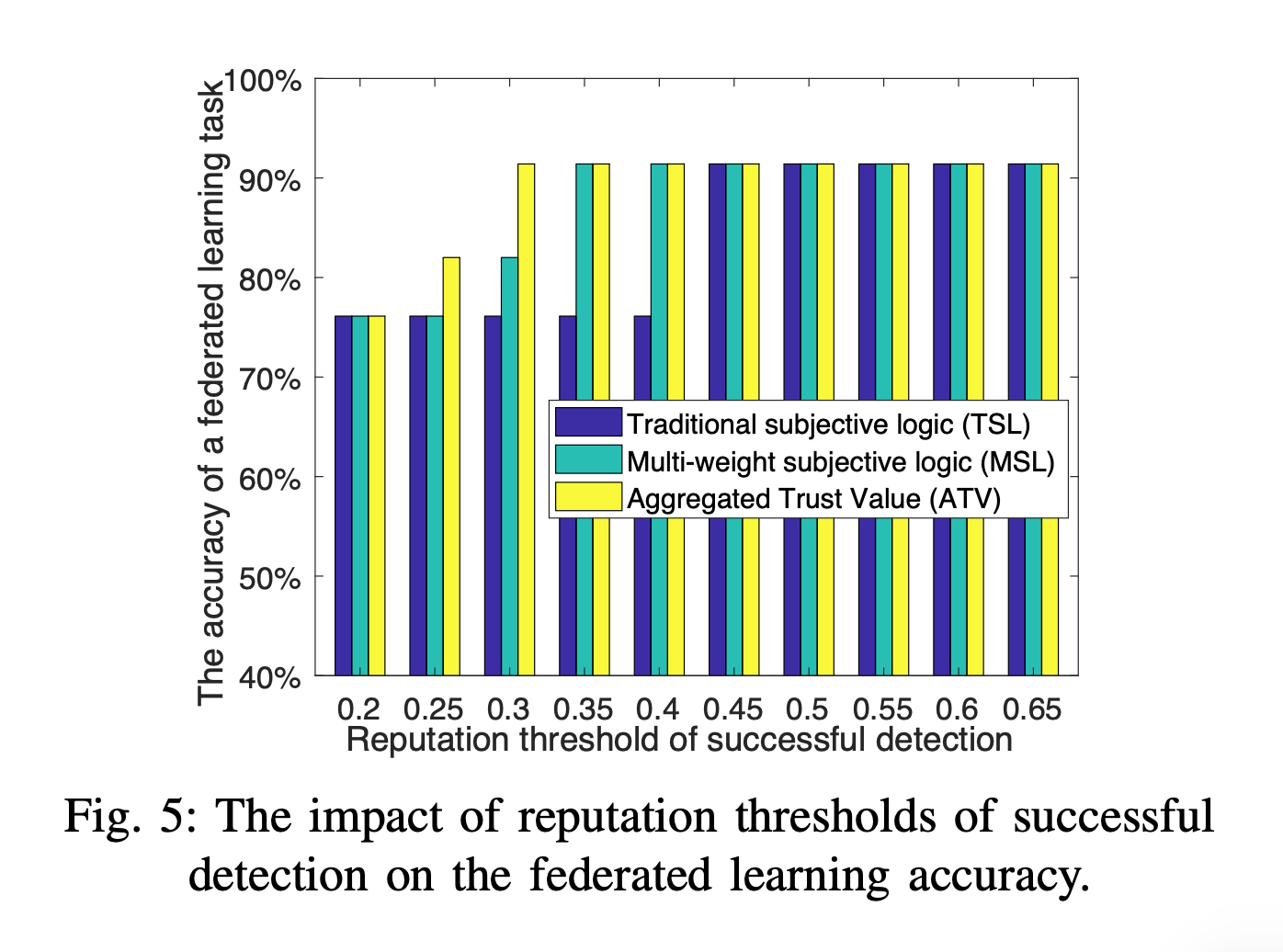CSIM Best Journal Paper Award
Professor Mohsen Guizani has hit the ground running in his endeavor to increase Mohamed bin Zayed University of Artificial Intelligence’s (MBZUAI) rankings and research accolades.
Less than one month after his appointment as Associate Provost for Faculty Affairs and Institutional Advancement, Guizani has earned himself his seventh Best Journal/Conference Paper Award in eight years from the Institute of Electronics and Electrical Engineers Society (IEEE).
As a co-author of "Reliable Federated Learning for Mobile Networks” in IEEE the Wireless Communications, vol. 27, no. 2, pp. 72-80, April 2020, Guizani has been awarded the ComSoc - CSIM journal awards - Best Journal Paper Award for 2021. The award will be presented at the IEEE’s International Communications Conference (ICC) in Seoul, South Korea from May 16 - 20, 2022.
“The authors of this paper are a group of colleagues I work with from Singapore and from Wuhan, China. This paper was a terrific collaboration, and the findings will improve the reliability of federated learning tasks in mobile networks."
Mohsen Guizani
Federated learning, as a promising machine learning approach, has emerged to leverage a distributed personalized dataset from a number of nodes, for example, mobile devices, to improve performance while simultaneously providing privacy preservation for mobile users. In federated learning, training data is widely distributed and maintained on the mobile devices as workers. A central aggregator updates a global model by collecting local updates from mobile devices using their local training data to train the global model in each iteration.
However, unreliable data may be uploaded by the mobile devices (i.e., workers), leading to frauds in tasks of federated learning. The workers may perform unreliable updates intentionally, for example, the data poisoning attack, or unintentionally, for example, low-quality data caused by energy constraints or high-speed mobility. Therefore, finding trusted and reliable workers in federated learning tasks becomes critical.










